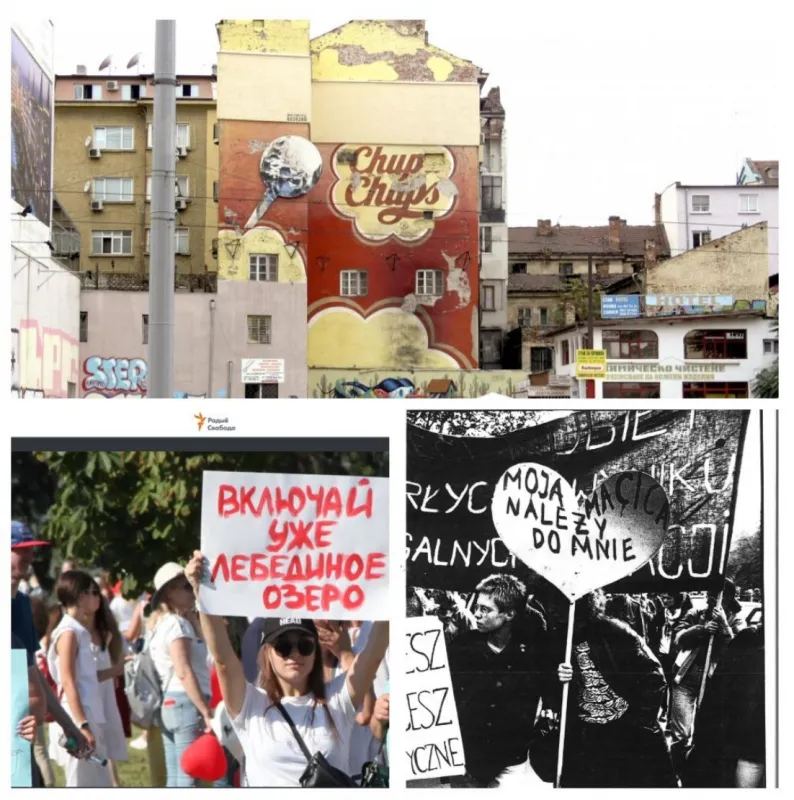Reconstituting Publics through Remembering Transitions Facilitating Critical Engagement with the 1980-90s on Local and Transnational Scales
Three decades after the radical transformations of the USSR and its satellites began in the 1980s––1990s, the topic of ‘transitioning’ from socialist states to liberal democracies remains highly contentious in Central and Eastern Europe
Over the last decade, the transitional past has been increasingly instrumentalized, by national-populist actors and in the counter-memories of their opponents. In the context of heated contestations of memory, with high political stakes, spaces for dialogue are rapidly shrinking and public spheres are becoming increasingly ‘disconnected.’
Project activities (last update: October 2022):
- Events organized at the European Solidarity Centre in Gdańsk (in collaboration with the Centre)
- Film screening and discussion: Crystal Swan (2018, dir. Daria Zhuk), 30 September 2022
- Discussion about the experiences and memories of postsocialist transition, and their mediation, in Belarus and Poland with Kacper Dziekan, Sviatlana Rasliakova and Magda Szczesniak, moderated by Agnieszka Mrozik and Andrei Zavadski
- Workshop with people living in Gdańsk "What does the turn of the 1980-90s mean to you?", 1 October 2022
Project presentations
- June 2021: project presentation at the Zukunftskolleg, Konstanz, June 2021
- December 2021: meeting and discussion with the Gemeinsinn group, University of Konstanz, (organized and chaired by Gruia Badescu)
- February 2022: project presentaiton at IAS CEU
Publications
Robbe, Ksenia and Andrei Zavadski. “‘C’mon, Turn Swan Lake on’: Memories of the 1990s at the Belarusian Protests of 2020.” Digital Icons (special issue on the Belarusian protests). Accepted, forthcoming 2022.
Organized panels/ calls for papers
Call for papers: Dialogic Memories of the 1970-90s Transitions Across the World: Current Practices and Possible Solidarities (the Memory Studies Association 2022 online conference)
The project addresses this societal issue by engaging with memory practices of the ‘transitional period’ beyond the polarized versions. Drawing on approaches of cultural analysis of discourse and affect, critical memory studies, public history, (digital) ethnography, and intersectional study of gender and generations, we aim to develop strategies for facilitating more cohesive and at the same time more critical practices of remembering that have the potential to lead to dialogue and form reflective communities. The comparative approach will allow for developing strategies and policies on a transnational (European) level based on trans-local resonances rather than top-down scripts.
The participation of the NGO Dekabristen e.V., Berlin, and close collaboration with the European Solidarity Center in Gdańsk and the Boris Yeltsin Presidential Center in Yekaterinburg will facilitate the execution of empirical research and its translation into concrete policy recommendations.

